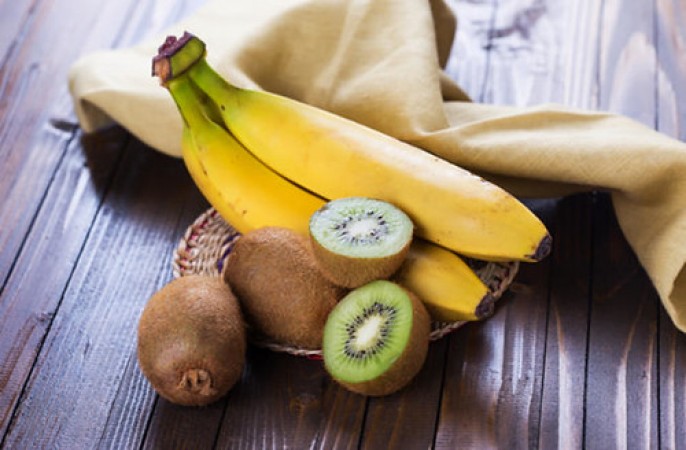
Are you aware that the food you consume can have a significant impact on your menstrual cycle? Just as our bodies go through different phases during this time, our nutritional needs also change. Incorporating the right fruits into your diet can help alleviate symptoms, provide essential nutrients, and support your overall well-being. In this article, we will explore five fruits that can be incredibly beneficial at different stages of your menstrual cycle.
The menstrual cycle consists of four distinct phases: Menstrual, Follicular, Ovulatory, and Luteal. Each phase brings about hormonal fluctuations and varying nutritional needs. By tailoring your diet to match these changes, you can potentially ease discomfort and support hormonal balance.
During the menstrual phase, your body is shedding its uterine lining. This process can lead to fatigue and a decrease in iron levels. Incorporating iron-rich fruits like kiwi and figs can help replenish lost iron, combating tiredness and weakness. Additionally, vitamin C-rich fruits like oranges can enhance iron absorption.
The follicular phase marks the beginning of your cycle. Your body is preparing for ovulation, and you may experience increased energy levels. Fruits like berries—strawberries, blueberries, and raspberries—provide a burst of antioxidants that protect cells from damage and boost your immune system.
Ovulation is a crucial period for conception. Pineapple, known for its anti-inflammatory properties and enzyme bromelain, may support implantation. Moreover, the hydrating properties of watermelon can help maintain cervical mucus consistency.
The luteal phase is characterized by hormonal fluctuations that can lead to mood swings and bloating. Bananas, rich in vitamin B6, can help regulate mood and reduce water retention. Similarly, the magnesium in dark chocolate not only elevates mood but also supports muscle relaxation.
Throughout your cycle, it's important to consume fruits high in iron and magnesium. These minerals play a vital role in energy production, muscle function, and mood regulation. Incorporate fruits like pomegranate and apricots to maintain optimal levels.
Staying hydrated is essential for hormonal balance. Alongside water, consume hydrating fruits like cucumber and melon. Proper hydration can help alleviate headaches, irritability, and bloating.
Fiber aids in estrogen metabolism and hormonal balance. Apples with their soluble fiber and pear with insoluble fiber are excellent choices. Fiber also promotes healthy digestion.
Seeds like flaxseeds and chia seeds offer omega-3 fatty acids and lignans that help modulate estrogen levels. These seeds can be added to yogurt, smoothies, or oatmeal along with your chosen fruits.
Antioxidant-rich fruits combat oxidative stress and inflammation. Grapes contain resveratrol, which has anti-inflammatory properties, while kiwis are packed with vitamin C, supporting your immune system.
Understanding your body's changing needs throughout the menstrual cycle is key to promoting overall health and well-being. By incorporating a variety of fruits rich in essential nutrients, you can potentially alleviate uncomfortable symptoms and support hormonal balance naturally.
Ten Telltale Signs Your Sugar Levels Are Out of Control